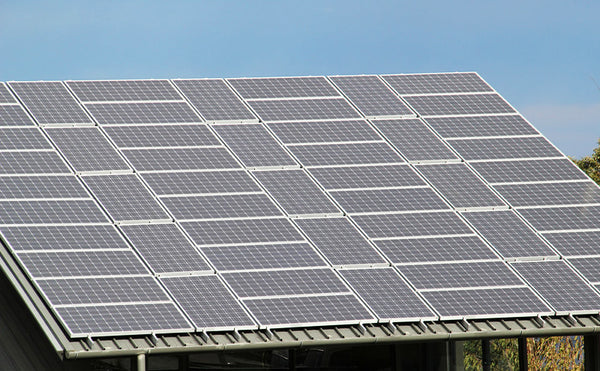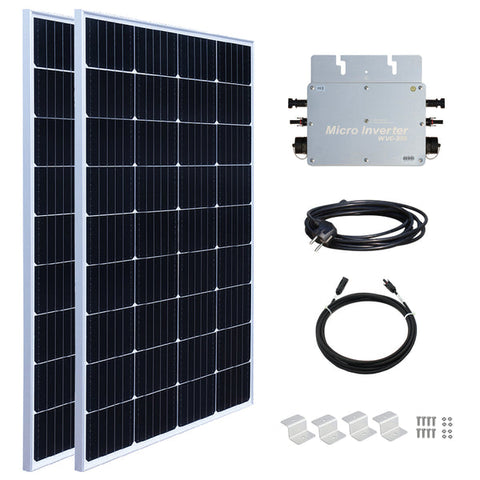
Common Questions and Answers about Solar Energy 2/2

Last time we summarize five common questions about solar energy from customers. And this time, we have listed some of the most frequently asked questions about solar energy we receive. We’ve written the answers with newcomers in mind, so you don’t need any prior solar background to follow along.
1: Which is better: a solar loan, lease, or PPA(power purchasing agreement)?
Solar loans are preferable to leases and PPAs. Under lease and PPA agreements, the installer owns the system, and you are simply renting it from them. That allows them to claim the federal tax credit and any other incentives, which can deprive you of several thousand dollars worth of value. Leases and PPAs are an appealing way to go solar with no up-front cost, but they are worse for the consumer in the long run. It is a much better deal to take out a personal loan, claim the credit and use it to accelerate your payback period.
2: Whats the difference between string inverters, micro-inverters and power optimizers?
Inverters convert the power generated by your panels into a format that can be used by your appliances.
A string inverter allows a group (or a string) of panels to plug into a single input on the inverter. For example, a single string inverter may have 3 strings of 8 panels apiece wired into the inverter unit. This is the most cost-effective option, but they don’t perform as well if your panels are blocked by shade, poor weather, or other obstructions.
Micro-inverters are small units attached to every panel. Each micro-inverter controls the output of a single panel. If one panel’s production drops (due to malfunction or shade, for example), the rest of the panels are not affected.
String inverters with power optimizers combine the benefits of both other types. There is a central inverter unit that pairs with power optimizers which are attached to every panel. The inverter controls the power optimizers individually (like micro-inverters), but the centralized inverter keeps overall costs slightly lower.
3: What are the different types of solar batteries?
Lead-acid batteries are the most cost-effective option, but they require routine maintenance (every month or so) and they have a shorter lifespan. Lithium-ion batteries are much more expensive up-front, but have a much longer lifespan and are maintenance-free.
Learn the pros and cons of each battery type and evaluate the lifetime ownership cost in this breakdown of lead-acid vs. lithium batteries. Lead-acid batteries are further divided into a handful of different configurations. Read about the differences between flooded, gel and AGM (absorbent glass mat) batteries.
4: What is the difference between grid-tied and off-grid solar?
Grid-tie systems connect to the public utility grid. The grid acts as storage for the energy produced by your panels, which means you don’t need to buy batteries for storage. This saves a ton of money, which is why we always recommend connecting to the grid if you have a choice.
If you don’t have access to power lines at your property, you’ll need an off-grid system with batteries so you can store energy and use it later. There’s a third system type: grid-tied with energy storage. These systems connect to the grid, but also include batteries for backup power in case of outages.
5: What size system do I need?
Your system size depends on your monthly energy use, as well as site factors like shading, sun hours, panel facing, etc. Our solar calculator is a great way to get an estimate based on your personal usage and location in just a few minutes.
To learn more about solar energy, please follow XINPUGUANG official website:
Facebook: Xinpuguang Solar Panel
Instagram: xinpuguangsolar
Pinterest: XinpuguangSolarPanels
Homepage: https://xinpuguangsolar.com
Email address: Philip@isolarparts.com

Click it for more information:
- Выбор элемента приводит к полному обновлению страницы.
